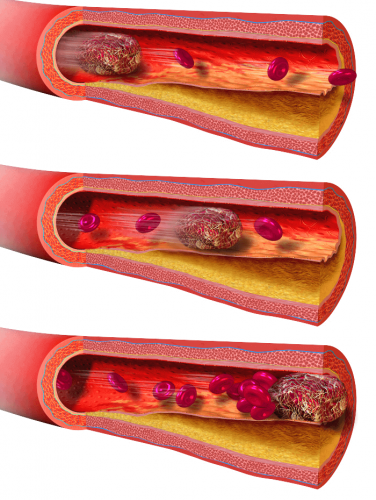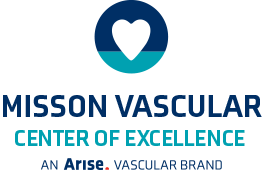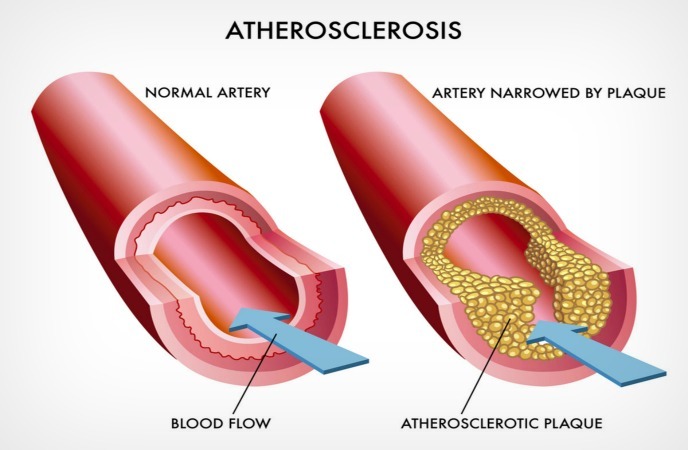Cardiovascular Disease Treatment – Mission, TX
Cardiovascular disease is any condition that involves blood vessels being narrowed or blocked, and can lead to chest pain (angina), a heart attack, or stroke. Early treatment of cardiovascular disease is essential to prevent worsening progression. With early detection, healthy habits, such as diet and exercise, can prevent worsening or even improve cardiovascular disease.
Common Symptoms of Cardiovascular Disease
- Chest pain, chest tightness, chest pressure and chest discomfort (angina)
- Shortness of breath
- Pain, numbness, weakness or coldness in your legs or arms
- Pain in the neck, jaw, throat, upper abdomen, or back
Atherosclerosis
Atherosclerosis is characterized by a buildup of hard, fatty material inside the artery walls, which narrows the artery and prevents adequate oxygen and nutrients from getting to the limbs. Unfortunately, often, a heart attack or stroke is the first symptom because earlier symptoms went unrecognized. Chest pains, shortness of breath, and numbness and pain in the extremities are all possible signs of atherosclerosis. Make sure to discuss any possible symptoms with your doctor to catch cardiovascular disease early.
Since atherosclerosis is the primary cause of cardiovascular disease, preventing it is essential to protect your heart. Thankfully, atherosclerosis is highly preventable with proper diet and exercise habits. Speak to your doctor for advice on what you can do to change your lifestyle to avoid cardiovascular disease.
Heart Attack
 A heart attack occurs when blood flow to the heart becomes too restricted or blocked by a blood clot. Different arteries nourish different sections of the heart muscle, and they can start to die if blood cannot reach them.
A heart attack occurs when blood flow to the heart becomes too restricted or blocked by a blood clot. Different arteries nourish different sections of the heart muscle, and they can start to die if blood cannot reach them.
It is critically important to call 911 if you or someone close to you is experiencing symptoms of a heart attack, which include chest discomfort, shortness of breath, and/or discomfort in the upper body such as the back, shoulders, neck, jaw, or upper part of the stomach. Fortunately, most people survive their first heart attack and can return to their normal lives. Lifestyle changes and choices are the most important factor when it comes to heart attack prevention.
Stroke
Just as the heart needs proper nourishment, so does the brain. If the blood supply to the brain becomes blocked to the point where the brain cannot receive oxygen, brain cells will begin to die within minutes. This is known as a stroke. This blockage can lead to a loss of functions and make it difficult to do normal things like speaking and understanding, raising both arms equally, trouble walking, difficulty seeing in one or both eyes, and/or a sudden, severe headache.
Seek medical attention immediately if you notice any signs or symptoms of a stroke, even if they fluctuate or disappear.


